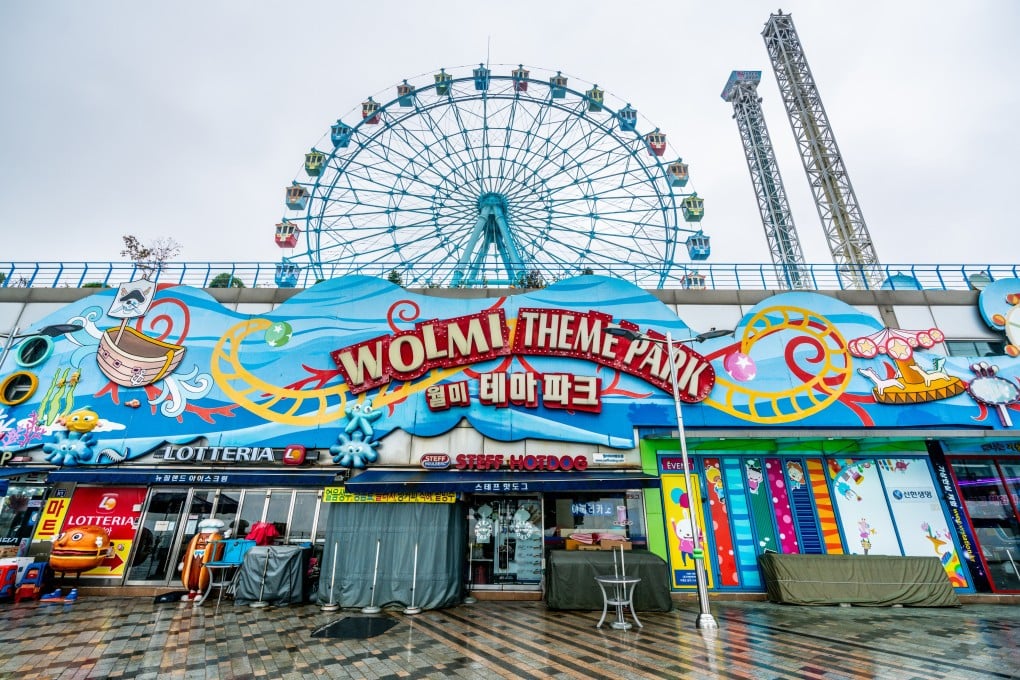Destinations known | Squid Game locations in South Korea like Jeju Island see surge in online interest, but why does watching the Netflix hit make people want to visit?
- Online searches for Jeju Island and flights to South Korea have reportedly ballooned, and the country is capitalising by promoting places featured in the show
- South Korea has much to offer travellers, from mystical mountains to K-pop culture, but binge-watching Squid Game seems an odd reason to want to travel there

Watching Squid Game shouldn’t make you want to visit South Korea.
The wildly successful show is many things: disturbing dystopian fantasy, socio-economic commentary, the most watched show on Netflix, with some 142 million households and counting having watched players 456, 067 and 218 battle it out. But an advertisement for South Korea as a tourist destination? Believe it or not, apparently so.
“In response to the worldwide sensation of Squid Game, local governments aim to promote the cities [featured in the show] as appealing tourist attractions,” reported English-language daily The Korea Herald on October 20. “Locations that appeared or were mentioned in the series are turning into new tourist sites, and childhood games are being developed as hands-on experiences to boost Korean tourism, which has suffered greatly from the pandemic-caused slump.”
Among the destinations capitalising on appearing in the viral hit is Incheon, home to Seongapdo, the remote island to which the players are shipped under the cover of darkness and influence of drugs; Wolmi Theme Park, where player 101 has a run-in with a fellow gangster while out of the game; and Kyodong Elementary School, the setting of the series’ opening sequence and reportedly South Korea’s oldest primary school.
Unfortunately for fans – but probably fortunately for the handful of fishermen who frequent its shores – Seongapdo is private land and not accessible to the public. It is described by Condé Nast Traveller as being “anonymous enough not to appear under its own name on Google Maps”. The Incheon Tourism Organisation is instead recommending neighbouring Deokjeokdo and Guleopdo, where sightseers can “enjoy the splendid scenery and environment”, presumably without the multiple casualties.
